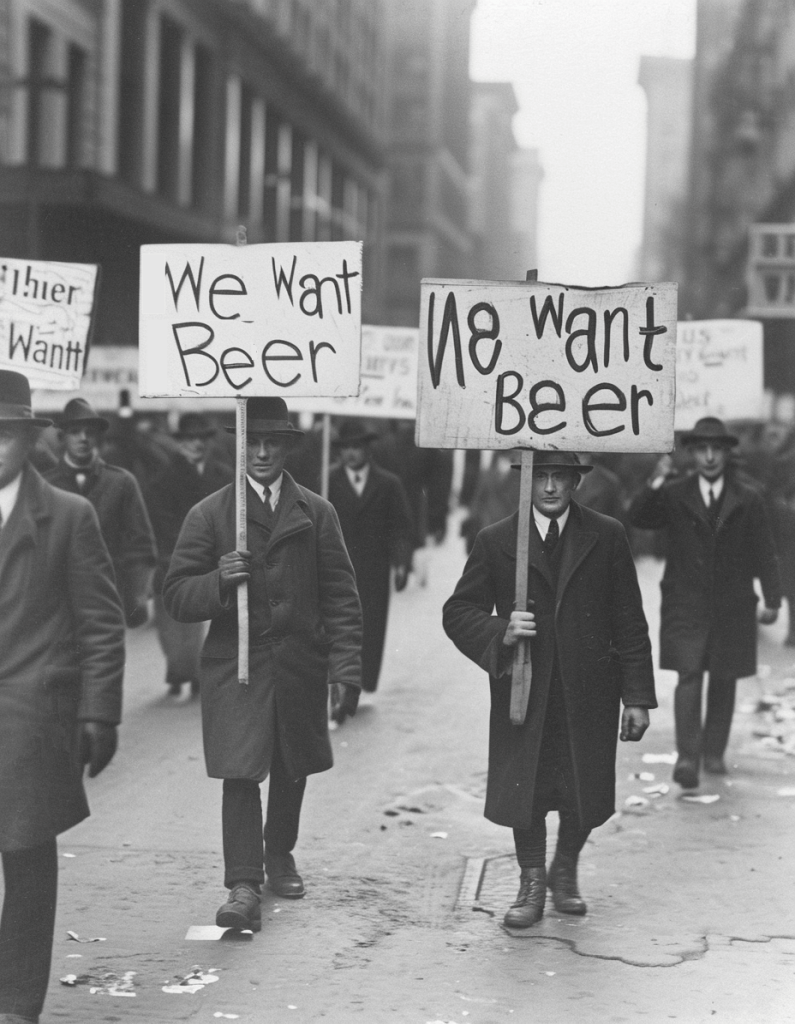On This Day, January 16, 1919, a significant chapter in American history unfolded as Prohibition was ratified by the states. This momentous event was marked by the adoption of the 18th Amendment to the United States Constitution, which prohibited the manufacture, sale, and transportation of alcoholic beverages in the country.
The ratification process was completed on January 16, 1919, when Nebraska became the 36th state to ratify the amendment, achieving the necessary three-fourths majority of the states. The 18th Amendment was the culmination of a decades-long movement championed by temperance advocates who argued that alcohol was responsible for various social ills, including crime, poverty, and domestic violence.
Prohibition officially went into effect on January 17, 1920, one year after its ratification, and it was enforced through the Volstead Act. This period, commonly known as the Prohibition era, led to profound changes in American society. It saw the rise of bootlegging, illegal speakeasies, and a significant increase in organized crime as criminal enterprises capitalized on the demand for illicit alcohol.
Despite its intent to improve society and promote morality, Prohibition faced widespread resistance and proved difficult to enforce. The ban on alcohol divided the nation and led to unintended consequences, including the proliferation of illegal activities and an increase in alcohol consumption in some areas.
The 18th Amendment remains the only constitutional amendment to be repealed in its entirety. This occurred with the adoption of the 21st Amendment on December 5, 1933, which ended Prohibition and restored the legal status of alcohol in the United States. Prohibition remains a fascinating and controversial period in American history, highlighting the complexities of legislating morality and the challenges of enforcing widespread social change.
